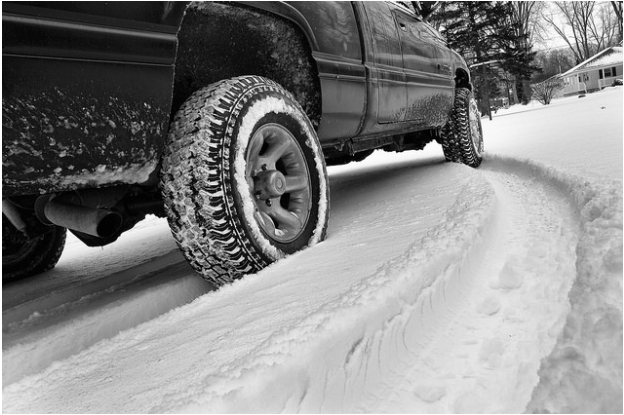Today’s cars feature the best in tyre technology. Tyres help to stop us from having accidents. That is because they maintain good traction on the road, regardless of the weather conditions. It’s no secret that some makes of tyre are better than others.
Apart from vulcanised rubber, tyres contain chemical compounds to slow the tyre ageing process. That means the tyres we buy today will still be just as good in the future as they are now.
While that is all great news, the not-so great news is that a lot of car owners don’t look after their tyres well. Tyres are one of the components in your car that need the least amount of maintenance. But on many cars, they are often the most-neglected.
If you’re concerned about the health of your tyres, today’s handy guide will tell you all you need to know about caring for your tyres.
Tyre pressures
All car tyres have to get inflated to specific pressures. The air inside of your car’s tyres is what makes your car have a smoother ride over bumpy surfaces. If you look at your car’s owner’s manual, it will tell you what the correct pressures are for your tyres.
If you don’t have an owner’s manual, there are plenty of websites that can guide you to locating that information.
On a weekly basis, you must you check what the pressures are in your tyres. Over time, air will leak from your tyres. If the decrease in air pressure happens too quick, it could be a sign that you have a puncture somewhere.
Are you planning to tow a trailer or caravan soon? If so, you will need to adjust your tyre pressures to take the extra load into account.
According to Motorline Direct, some cars have tyre pressure monitoring systems. On those cars, you will need to reset those systems when you put air in your tyres. Otherwise, they will give false readings.
Tread depth
Tyres have two main parts. The sidewall is what you see on either side of the wheel, and usually has information about the tyre stamped on it. The tread is the part in the middle that makes contact with the road.
Brand new tyres have a tread depth of 8mm. The legal limit in most parts of the world is 1.6mm. Tyres are 100% worn if it reaches 1.6mm. I recommend replacing tyres when they have a tread depth of 5mm, as they are around 47% worn by then.
Any less than 5mm, and the performance of your tyres will get degraded. You may even notice more road noise on some makes of tyre.
Tyre condition
Do your tyres have cracks, bulges or tears in any part of their construction? Have you got a foreign object, such as a screw, embedded in one or more of your tyres?
If so, you should get the damage checked by a local tyre fitter. Some tyres can get repaired, but others may need replacement.
I hope this guide has been useful to you. Thanks for reading!


